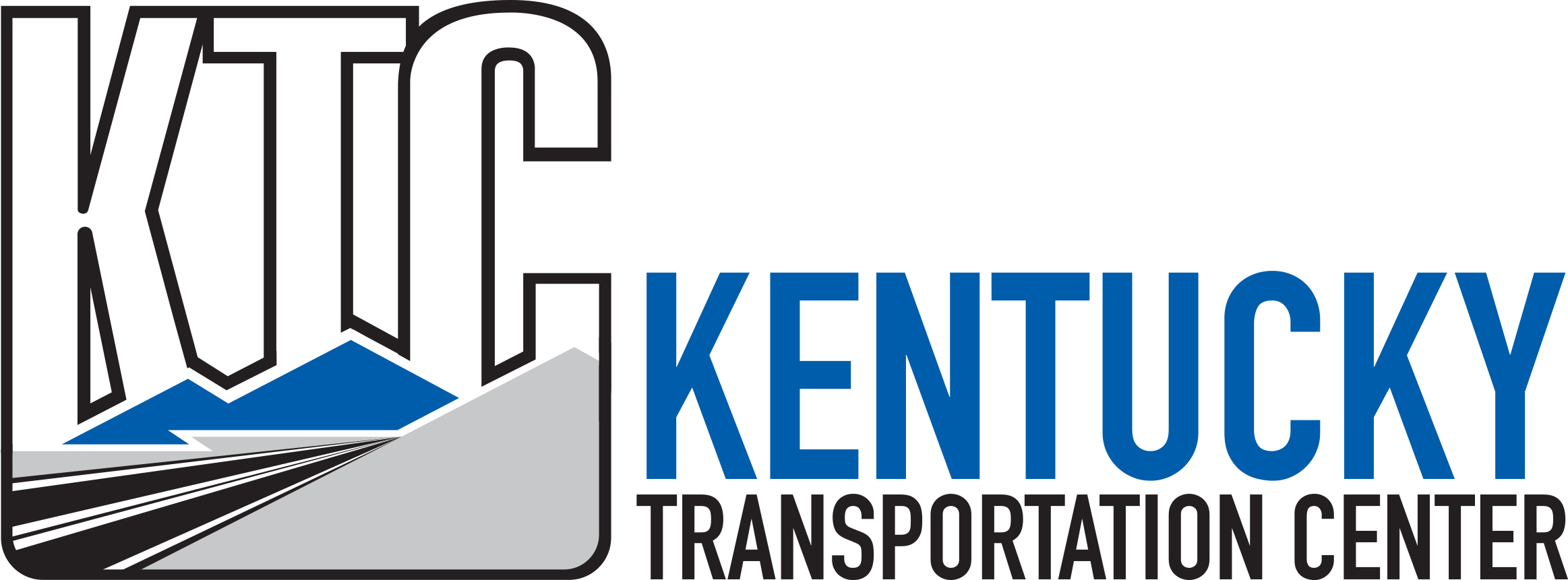Abstract
A previous report dealt with development of procedures for preparation of an Interstate Safety Improvement Program. The purpose of this report was to prepare prioritized rankings of recommended improvements which could be implemented for the Interstate Safety Improvement Program. Together, these two reports include logical and comprehensive procedures for the selection, scheduling, construction, and evaluation of highway safety improvement projects.
Considerable detail is presented which documents analysis procedures used to determine sites, sections, and elements of the roadway in need of improvement. The average number of accidents per interchange, bridge, 1.0-mile (1.6-km) section, and 0.3-mile (0.48-km) spots were summarized for large urban, medium urban, and rural sections of the interstate system. At specified levels of statistical significance, critical numbers of accidents and critical accident rates were calculated to assist in identifying high-accident locations. A limited field inventory of the interstate system was conducted and the results are incorporated into the program. Dynamic programming was utilized as the means of developing prioritized rankings for safety improvements totaling approximately $27,500,000. Example budgets ranging from $5,000,000 to $30,000,000 are also presented.
Report Date
3-1979
Report Number
No. 517
Digital Object Identifier
http://dx.doi.org/10.13023/KTC.RR.1979.517
Repository Citation
Pigman, Jerry G.; Agent, Kenneth R.; and Zegeer, Charles V., "Interstate Safety Improvement Program" (1979). Kentucky Transportation Center Research Report. 1041.
https://uknowledge.uky.edu/ktc_researchreports/1041



Notes
The contents of this report reflect the views of the authors who are responsible for the facts and accuracy of the data presented herein. The contents do not necessarily reflect the official views or policies of the Bureau of Highways. This report does not constitute a standard, specification, or regulation.